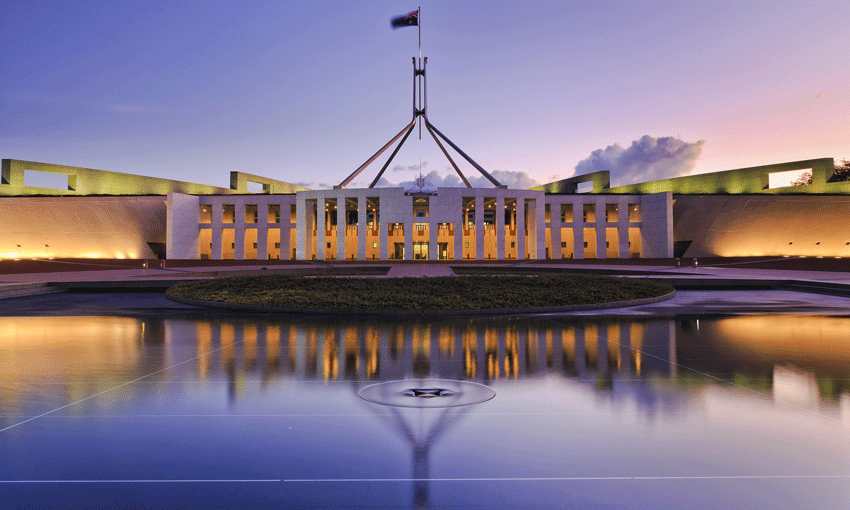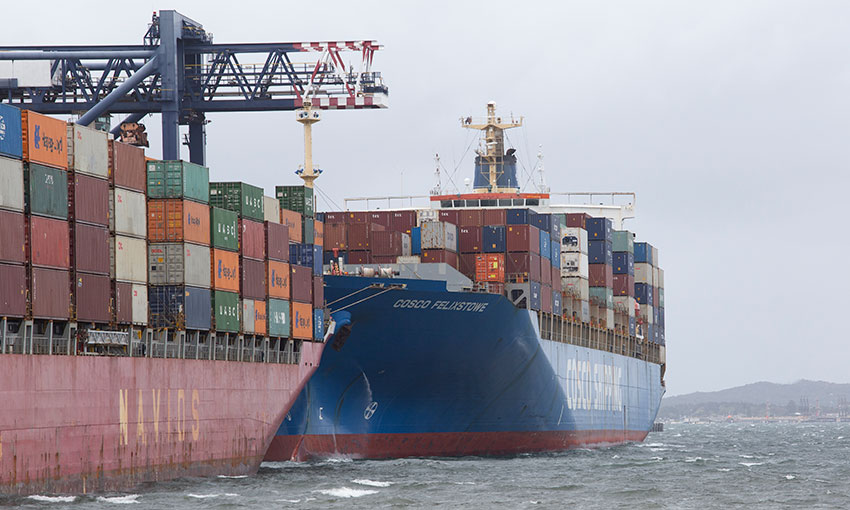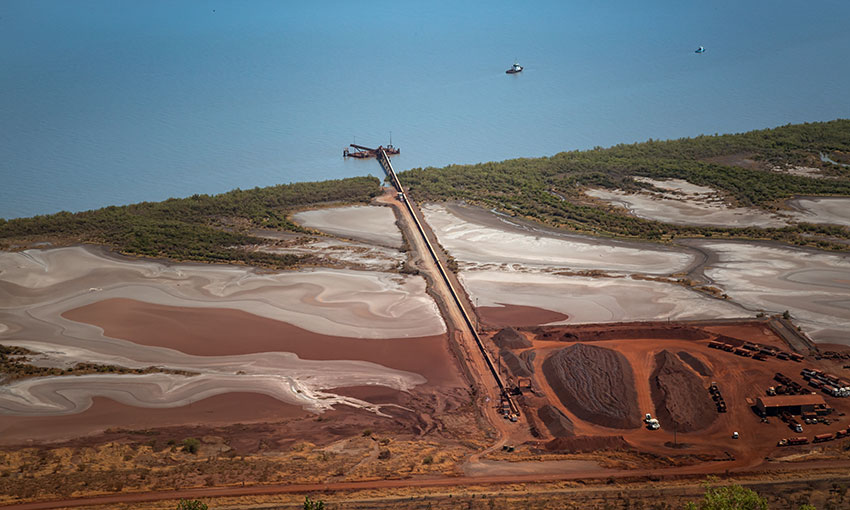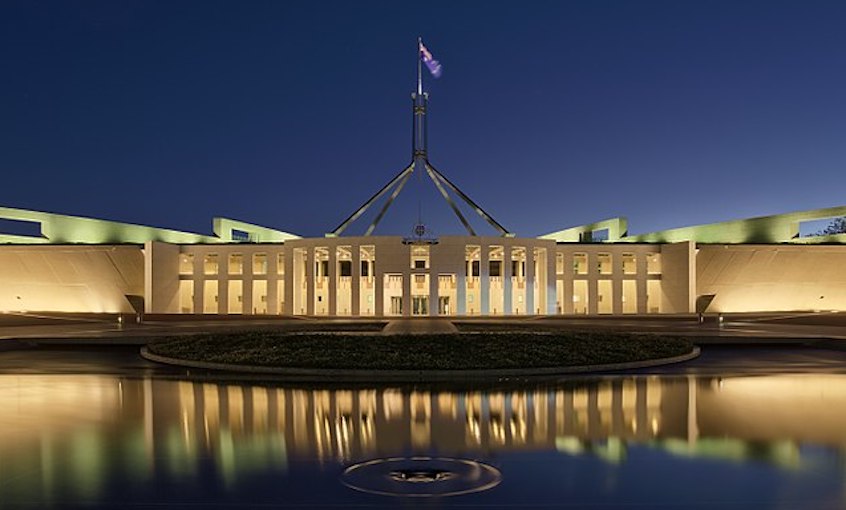THE government announced over the weekend that it had secured the support of the Senate to pass its “Secure Jobs, Better Pay Bill”.
In a statement employment and workplace relations minister Tony Burke thanked the Australian Greens and Senator David Pocock for their “constructive approach” to the legislation. The government needed their support to pass the bill.
Support of the Greens and Mr Pocock were gained with several amendments to the bill, including that small businesses with less than 20 regular employees would be exempt from multi-employer bargaining.
Also, the period in which the Fair Work Commission can refuse to allow multi-employer bargaining will increase from six months to nine months from the expiry date of an existing enterprise bargaining agreement.
Australian Industry Group chief executive Innes Willox on ABC TV News Breakfast on Monday morning said it was “almost certain” now that multiparty bargaining would impact much of the economy.
“That creates a lot of uncertainty. It creates a lot of anxiety for employers and it also creates a lot of complexity and there’s no guarantee of wage increases going up any time soon. Even as a result of this,” he said.
“The issue here is that there is the potential for this to be gamed, for it to be dragged out. So the disputes are dragged before the commission and the commission then makes determinations which, for employers, may not be in the interest of that workplace. And that’s of great concern to employers.”
Earlier, in a statement, Mr Willox said the bill means that Australian industry faces an industrial relations system riddled with conflict, complexity and uncertainty.
“The deal as it stands does not remove the core concerns for industry – that businesses can be dragged into a multi enterprise bargaining arrangement based on still vague notions of a ‘common interest’; remain subject to the threat and reality of greater industrial action; and have no clear pathway to extract themselves from a bargaining system that may not suit their circumstances,” Mr Willox said.
“The primacy of the enterprise agreement system which has underpinned much of our economic success over the past four decades has now been shattered. There is nothing in the deal or the legislation that will drive the substantial productivity growth Australia needs to deliver wages growth.”
Mr Willox said we now face the prospect of more strikes and fewer jobs.
“There has been no modelling on any economic benefit of the legislation, only the vague hope that employers with an industrial gun to their head will pay more and somehow not pass costs onto consumers or reduce their headcount,” he said.
“Of the concessions agreed to by the government, there is very little improvement for the vast bulk of Australian businesses. They largely amount to tinkering around the edges of what at its heart remains a fundamentally flawed bill.”
Australian Chamber of Commerce and Industry CEO Andrew McKellar came out against the bill as well.
“The bill, as it stands, will do nothing to achieve the aim of increasing wages, and will only add cost and complexity to Australian businesses at a time when they are dealing with deteriorating conditions,” he said.
“Ultimately, this bill represents a fundamental de-linkage of wages with productivity and will detract from the flexibility and dynamism required by modern economies. We remain of the view that this bill is not fit for passage.”





